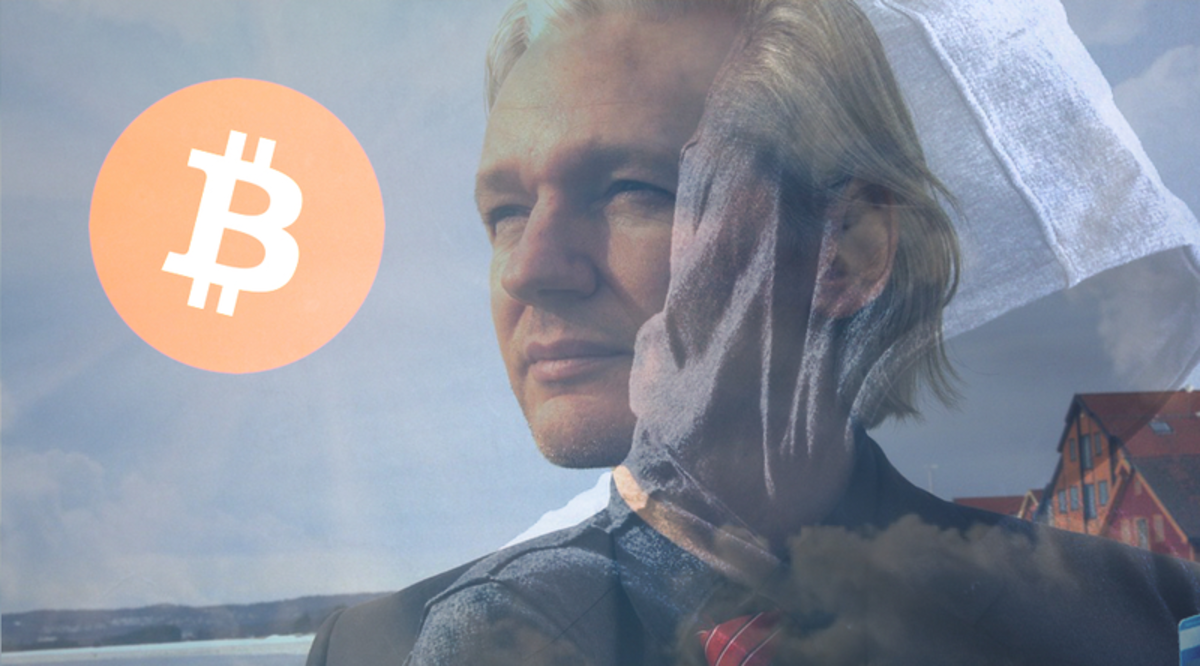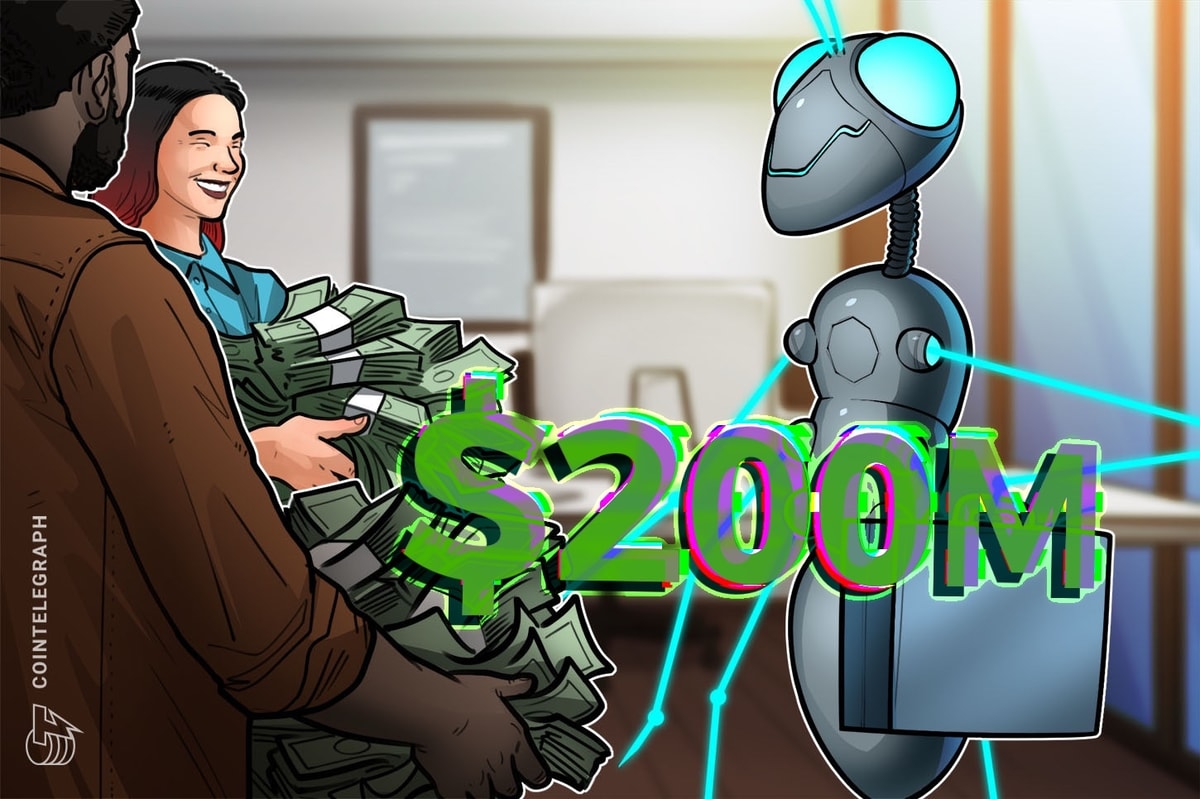
WikiLeaks’ public donation address recently received its 4000th bitcoin. The nonprofit whistle blower site, which to a large extent relies on donations, reached this milestone on November 12, with well over 25,000 incoming transactions over five years time. The total amount of bitcoins WikiLeaks received is even higher, as the media organization also lets users generate custom Bitcoin donation addresses if they prefer not to donate to the public address.
Digital currency has proven vital for WikiLeaks’ survival over the past years. Shortly after the release of classified U.S. diplomatic cables in November 2010, all donations to WikiLeaks were blocked by major payment providers, including Bank of America, VISA, MasterCard, PayPal and Western Union. This embargo is said to have initially destroyed 95 percent of the organization’s revenue — almost killing WikiLeaks in the process. By opening up to bitcoin and litecoin donations, over the years the media organization received a majority of all funds in digital currencies.
The 4000 bitcoins sent to WikiLeaks’ public donation address add up to almost $3 million at today’s price, though the media organization received most donations throughout 2011 and 2012 — when the digital currency was worth less than $10. A rough estimate of total donation value suggests WikiLeaks received a total of over $177,000 worth of bitcoin on the public address.
WikiLeaks held on to most of the bitcoins it received, speculating on a price increase that proved lucrative, as Assange said in a Reddit AMA (Ask Me Anything):
“WikiLeaks’ strategic investments in the currency saw more than 8,000 percent return in three years, seeing us through the extralegal U.S. banking blockade.”
History
Interestingly, the idea to have WikiLeaks accept bitcoin donations was initially met with some resistance from the Bitcoin community. On a Bitcointalk thread that was started shortly after the banking blockade was initiated, several forum members — including Bitcoin inventor Satoshi Nakamoto — argued it was too early in Bitcoin’s life to be associated with an organization like WikiLeaks.
“No, don't ‘bring it on’,” Nakamoto posted in response to another forum member arguing in favor of donating to WikiLeaks. “The project needs to grow gradually so the software can be strengthened along the way.”
He added, “I make this appeal to WikiLeaks not to try to use Bitcoin. Bitcoin is a small beta community in its infancy. You would not stand to get more than pocket change, and the heat you would bring would likely destroy us at this stage.”
A PC World article published soon after suggested the same idea, once again to the dismay of Bitcoin’s inventor.
“It would have been nice to get this attention in any other context,” he wrote. “WikiLeaks has kicked the hornet's nest, and the swarm is headed towards us.”
It was Nakamoto’s second-to-last message ever posted on the forum.
Assange
WikiLeaks Founder and Editor-in-Chief, Julian Assange, later acknowledged he had seen Nakamoto’s plea, and agreed that his organization shouldn’t jeopardize Bitcoin’s future. In his book When Google Met WikiLeaks, Assange explained, “WikiLeaks read and agreed with Satoshi’s analysis, and decided to put off the launch of a Bitcoin donation channel until the currency had become more established. WikiLeaks’ Bitcoin donation address was launched after the currency’s first major boom, on June 14, 2011.”
During the above mentioned AMA, and more recently speaking at an event, the WikiLeaks founder also argued for the importance of Bitcoin from a non-monetary perspective.
“Bitcoin is an extremely important innovation, but not in the way most people think,” he said. “Bitcoin's real innovation is a globally verifiable proof publishing at a certain time. The whole system is built on that concept and many other systems can also be built on it. The blockchain nails down history, breaking Orwell's dictum of ‘He who controls the present controls the past and he who controls the past controls the future.’”










